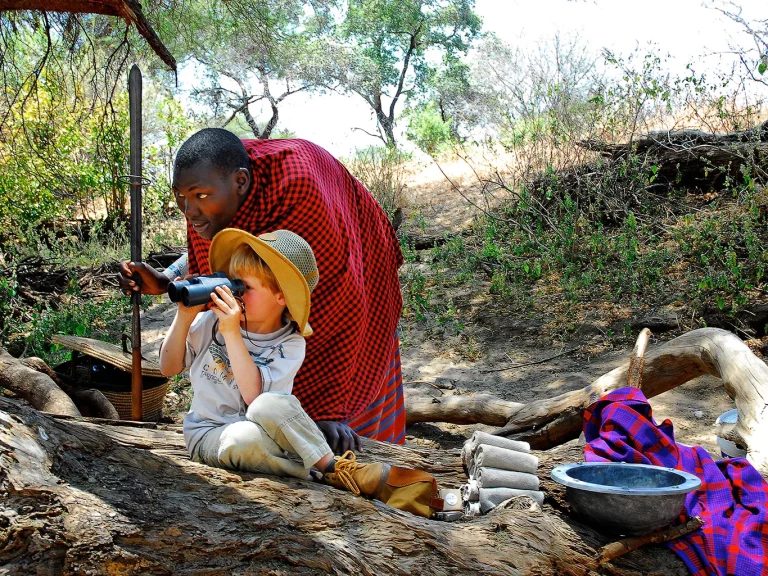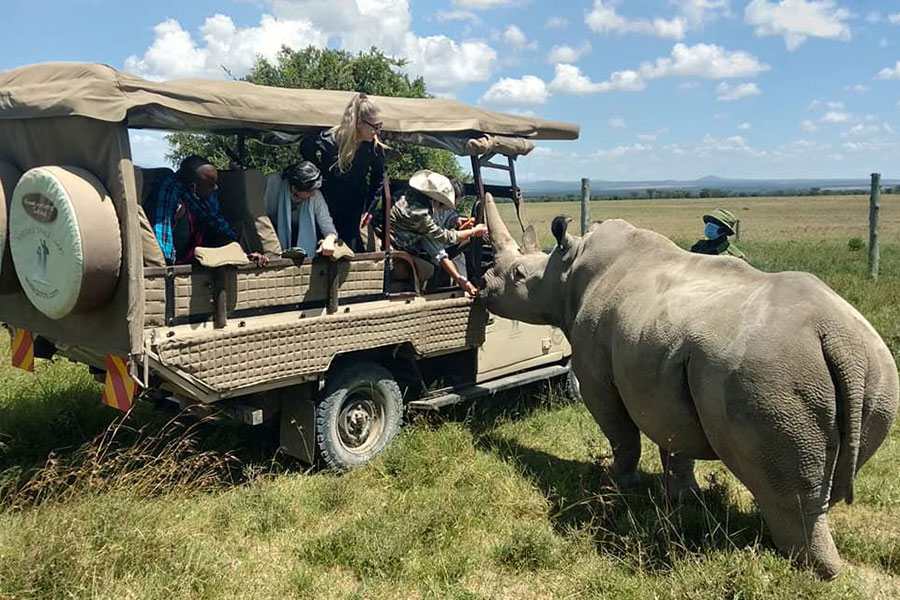Best Facts For Selecting Devil666 Websites
Wiki Article
What Precautions For Health Should Be Taken Into Consideration Prior To My Visit To Mombasa Kenya?
If you're planning a trip to Mombasa (Kenya) It's crucial to be aware the health hazards. Here are some of the most important health issues:
1. Vaccinations
Routine Vaccinations: Ensure that you are up-to-date on routine vaccines such as measles-mumps-rubella (MMR), diphtheria-tetanus-pertussis, varicella (chickenpox), polio, and your yearly flu shot.
Hepatitis A is recommended for everyone who travels because of the possibility that food or water could be affected.
Hepatitis B. Travelers exposed to bodily fluids, blood or sexual contact (e.g. medical treatment or drug use) should be aware of the possibility of contracting this disease.
Typhoid is important for those who stay with family or friends visit smaller cities or rural areas, or who eats out in the open.
Yellow Fever. People from countries that are at danger of introducing yellow fever may require an official certificate of vaccination. Make sure you are aware of the current guidelines.
Think about rabies for those who participate in outdoor activities like hiking, camping, and caving.
2. Malaria Prevention
Mombasa is a malaria-prone city with a high prevalence. Consult your healthcare provider to find out the best antimalarial medicine.
Use DEET-based insect repellent with long sleeves, long pants and a mosquito net to stay clear of bites from mosquitoes, especially in the evening.
3. Food and Water Safety
Be aware of drinking water that is safe Use only boiling or bottled water. Avoid tap water, ice cubes and beverages that aren't sealed.
Consume only foods that are cooked properly. Avoid raw or cooked meats and seafood. Also, avoid unwashed vegetables and fruits. Be wary of street food and choose reputable dining establishments.
4. Diarrhoea in the course
Hand Sanitizer, or washing your hands with hot water and soap is a great way to maintain a clean and healthy hand. Beware of eating or drinking any beverage or food from a questionable source.
Meds: Carry medicines such as Lloperamide (Imodium) as well as oral Rehydration salts. It is recommended to consult with your doctor to determine the need for antibiotics in severe cases.
5. Sun Protection
Sunscreen: Use sunscreens with SPF 30 or higher. Reapply sunscreen frequently, particularly when swimming or sweating.
Protective Clothing: Wear hats with sunglasses and wear long sleeves, light clothing to limit exposure to sun.
6. Heating and Hydration
Keep hydrated: Drink lots of fluids, particularly water, to prevent dehydration. Avoid drinking too much caffeine and alcohol as they can lead to dehydration.
Beware of overexertion Make sure to take breaks, particularly during the most hot times of the day. To avoid heatstroke and heat exhaustion, seek out shade and cool areas.
7. Water Safety Activities
Swimming in Areas that are designated Take note of local recommendations on conditions for swimming. Be aware of possible dangers, such as strong currents.
Beware of marine creatures that pose danger such as sea urchins, jellyfish. Wear water shoes when you are walking through shallow areas.
8. Medical Care and Insurance
Travel Insurance: Make sure to have comprehensive travel insurance, which covers evacuation in case of medical emergencies.
Local Medical Facilities - Become familiar yourself with the location of the most reputable medical centers in Mombasa. Hotels with major chains often have information on nearby hospitals and doctors.
You should also bring a copy of your prescription along with an adequate supply of any prescription medicines you use.
9. Emergency Contacts
Contact details of the Embassy or Consulate of your country in Kenya.
Local Emergency Numbers: Know the local emergency numbers police (999) and Fire (999) and Ambulance (999).
These health tips will assist you minimize risks so that you can focus on enjoying your vacation and truly enjoy it. Have a look at the most popular kenya safaris Afrika for website tips including african safari africa, kenya safari holiday, kenya safari and beach packages, kenya travel, kenya tours and travel, kenya beach and safari holiday, safari trips in kenya, africa tours, kenya safari holiday, tour mombasa and more.

What Are The Weather Considerations Should I Be Aware Of Before A Vacation In Mombasa Kenya?
Understanding the weather patterns in Mombasa is vital to packing your bags and getting the best enjoyment of your holiday. Here are the main conditions to be aware of:
1. Climate Overview
Tropical Climate: Mombasa has a tropical climate with high temperatures and humidity year-round. Expect warm weather with temperatures that typically range between 24 degrees Celsius (75degF) up to 32degC (90degF).
2. Seasons
Hot and humid season (November to April): During this period the temperatures are extremely high, and the humidity is high. This is the most popular tourism season.
Long rains: (April-June) The rainy season is marked by severe rainfall and thunderstorms. Roads can become muddy and make difficult for travelers. This is a low-season for tourism.
Cooler season (June to October): The temperatures and humidity levels are the lowest in this period. The general weather is pleasant, which makes it the ideal time to enjoy outdoor activities.
Short Rains (October to November): Short rain showers that are less intense are common during this time. The rains are typically short, and then followed by sun.
3. Tips for packing
Lightweight Clothing: Bring lightweight and breathable clothing like linen and cotton in order to stay cool during the hot summer months.
Make sure you have rain gear in case you are traveling in the season of rain. It includes waterproof clothing as well shoes.
Sun Protection: A high-SPF sunscreen glasses with wide brims, wide-brimmed caps, light clothing, and covering your skin with light clothes can help protect you from intense sunlight.
Wear your swimwear to the beach, or hotel pool.
4. Weather-specific Activities
Beach Time: The best time for beach activities is during the cooler months (June through October) when the weather is pleasant and the conditions for swimming are ideal.
Clear and calm water is ideal for snorkeling, diving, and other water sports between November and March.
Wildlife viewing: As the weather is better and the sun is shining, it's a perfect time to go on safaris and safaris and wildlife tours.
5. Health Considerations
Hydration: The hot and humid climate demands you to be well-hydrated. Drink plenty of water, particularly when you are spending time outdoors.
Heat-Related Disorders: Be mindful of the dangers of exhaustion and heatstroke. Wear loose fitting clothes and avoid vigorous physical exercise in peak heat.
6. Adjustments to Travel
Rainy Season Travel: Prepare yourself for travel disruptions when visiting during prolonged rainstorms. It is possible that roads are not accessible and outdoor activities are restricted.
The rainy season is often responsible for flight delays. Be conscious of your travel schedule and make contingency plans.
7. Environmental Concerns
Natural Hazards. Beware of the dangers of flooding in heavy rains. Be aware about local weather forecasts and adhere to safety guidelines.
Tide Awareness: If planning beach activities Be aware of tides that can change dramatically. Consult tide schedules to ensure that you are safe when beachcombing and swimming.
Knowing what you can anticipate from the weather conditions in Mombasa it will help you plan and prepare for your trip. Pack safely, and have a safe time. Read the top island snorkeling in mombasa for website tips including tour firms in kenya, cheap kenya safari packages, kenya tours and travel, kenya tour operator, africa and safari, safari and tours, safari excursions, afri safari, safari company kenya, tour mombasa and more.

What Environmental Obligations Should I Be Aware Of While On My Holiday In Mombasa Kenya?
To preserve the natural beauty and variety of Mombasa in Kenya, it is vital to be mindful of the environment. Here are a few important environmental obligations to be aware of:
1. Sustainable Accommodation
Eco-Friendly Hotels: Choose accommodations that promote sustainability. You can look for certifications from Eco-Tourism Kenya and other eco-labels.
Conservation of Resources: Participate in hotel initiatives aimed at conserving water and electricity. Reuse towels or linens. When not in need switch off the lights and air cooling.
2. Responsible Wildlife Viewing
Respect Wildlife. Stay at a safe distance away from animals to ensure that you do not cause disturbance to them. Follow the directions given by the guide.
Beware of feeding wildlife: Feeding animals can disrupt their diets.
Leave No Track: Do no litter in wildlife preserves or parks. Bring your garbage home and properly dispose of it.
3. Plastic Reduction
Do not use plastics for one-time use. Keep a water bottle that is reusable, shopping bag, and utensils.
Encourage Local Initiatives: Take part in local beach cleanup efforts and organisations working to decrease plastic pollution.
4. Water Conservation
Use Water Wisely: Mombasa experiences water scarcity problems. Shut off the faucets and take a shorter shower.
Eco-Friendly products: Use products that are biodegradable or environmentally friendly to reduce water pollution.
5. Energy Conservation
Reduce energy usage: Unplug electronic equipment when it is not being used and reduce the use of air conditioners.
Make sure you choose hotels and tour operators that use renewable sources of energy.
6. Sustainable Transportation
Public Transport: If you can take public transport such as buses and matatus to reduce the carbon footprint you leave on your feet.
Consider walking or renting bicycles to travel short distances. Some areas have eco friendly tuk-tuks.
7. In support of local economy
Buy locally: To support the local community, purchase souvenirs, food items, and crafts from local stalls.
Fair Trade: Select items that are fair trade certified to ensure that local farmers are compensated fairly.
8. Environmental Education
Learn and Share Be educated on the local environment, and conservation efforts. Share what you have learned to help raise awareness.
Respect Local Cultures: Learn about and accept local customs and traditions relating to environmental conservation.
9. Marine Conservation
Responsible Snorkeling and Diving: Beware of touching or stepping on coral reefs. Make sure you use sunscreen safe for reefs to help ensure the safety of marine life.
Avoid disposing of garbage into the ocean. Take part in or support marine conservation programs.
10. Ethical Souvenirs
Avoid Wildlife Products. Do not purchase products that contain endangered species. Examples include ivory and tortoiseshell.
Sustainable Materials: Purchase souvenirs that are made from recycled or sustainable materials.
11. Take part in Conservation Activities
Consider volunteering in community tourism or conservation projects.
Support local NGO's. Contribute to local NGOs and organizations dedicated to protecting the natural environment.
12. Responsible Travel practices
The size of the group: Traveling in small groups can reduce the impact on the environment.
Eco-Tours. Choose tour operators committed to sustainable practices, and who follow green practices.
By keeping these environmental duties in mind, it's possible to make a contribution to the protection and beauty of Mombasa and the diversity of this region for future generations. View the recommended mombasa watamu snorkeling for website recommendations including tour company in kenya, africa safaris and tours, kenya holiday packages, safari excursions, tour agents in kenya, facts about kenya, safar kenya, africa safaris and tours, safari excursions, mombasa tour packages and more.
